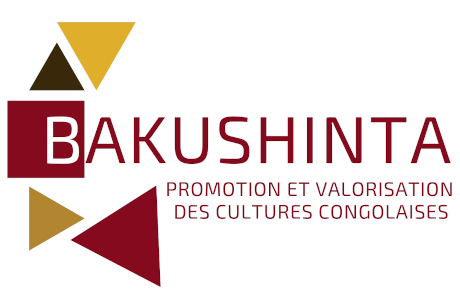Raffia in all its splendour - Bakushinta
On the occasion of 125/5 years, the museum selected several proposals from individuals and organizations from the African diaspora in Belgium. Bakushinta presents their project.
In 2017, as part of our research into textile knowledge in the DRC, we found that the museum had a vast collection of objects made of raffia and other plant fibres. During the renovation period, some of the objects from the Kongo kingdom were included in the exhibition Kongo across the Water.
Today, apart from a few pieces displayed without adequate explanation in the Rituals and Ceremonies room, all these collections are locked up in the reserves. The public has no opportunity to discover this glory and the high level of design and knowledge that was found in the DRC.
Our project is therefore in line with the museum’s ambition to present the cultures of Central Africa, in this case those of the DRC. It aims to dismantle racist stereotypes of black people by discussing their mastery of textiles and their production. We want to undo the notion that naked or half-naked people had been waiting for the arrival of the coloniser to learn how to cover their bodies and dress themselves.
As an element in the reconstruction of civil society in all its aspects, the museum cannot stop at exhibiting only objects. Our project aims to present evidence of creative ingenuity, in a production process that is shown in all its inventive and technical complexity. This approach allows the museum to become an element of consolidation and harmonisation between two worlds that remain distinct and dichotomous: culture and economy.
Ms. Georgine Dibua Mbombo is the coordinator and project manager of Bakushinta, an association for the appreciation and promotion of the cultures of the DRC. She is also involved in memory work and awareness-raising on the decolonisation of the public space and other aspects of society. The constant representation of half-naked Congolese in various colonial productions led her to research textile knowledge in the DRC. She has organised exhibitions and conferences on this rich heritage which can express wealth or social status and which has influenced different artistic currents. She takes us on a journey where she will reveal to us the common thread between know-how and culture of these raffia palm fibres and others, loaded with communication and power, emotion and spirituality.
Ms. Judith Ambusu Akuma is an archivist specialising in fashion and textiles. Her interests lie in information management and the history of African fashion. Keen on the preservation of African textile heritage, she celebrates the richness of African culture and provides reliable information about African crafts and fashion on her platform https://www.afrosaltboho.com/, which she created in Italy. With her, the discovery of a weave that acquires its singular colours from the surrounding landscapes, the hand embroidery, the interweaving of fibres, the materiality and the vivid character of a fabric will be dissected according to the requirements of the STEALTH system (a software used for clothing data management). Ms. Ambusu Akuma will lead the photo campaign and guide the didactics.